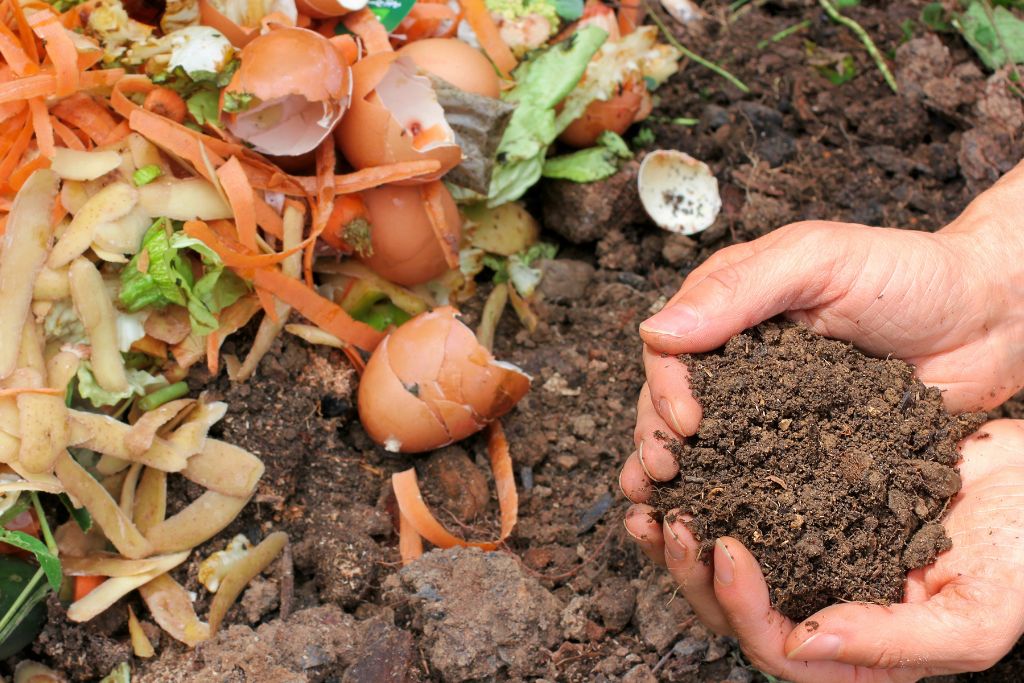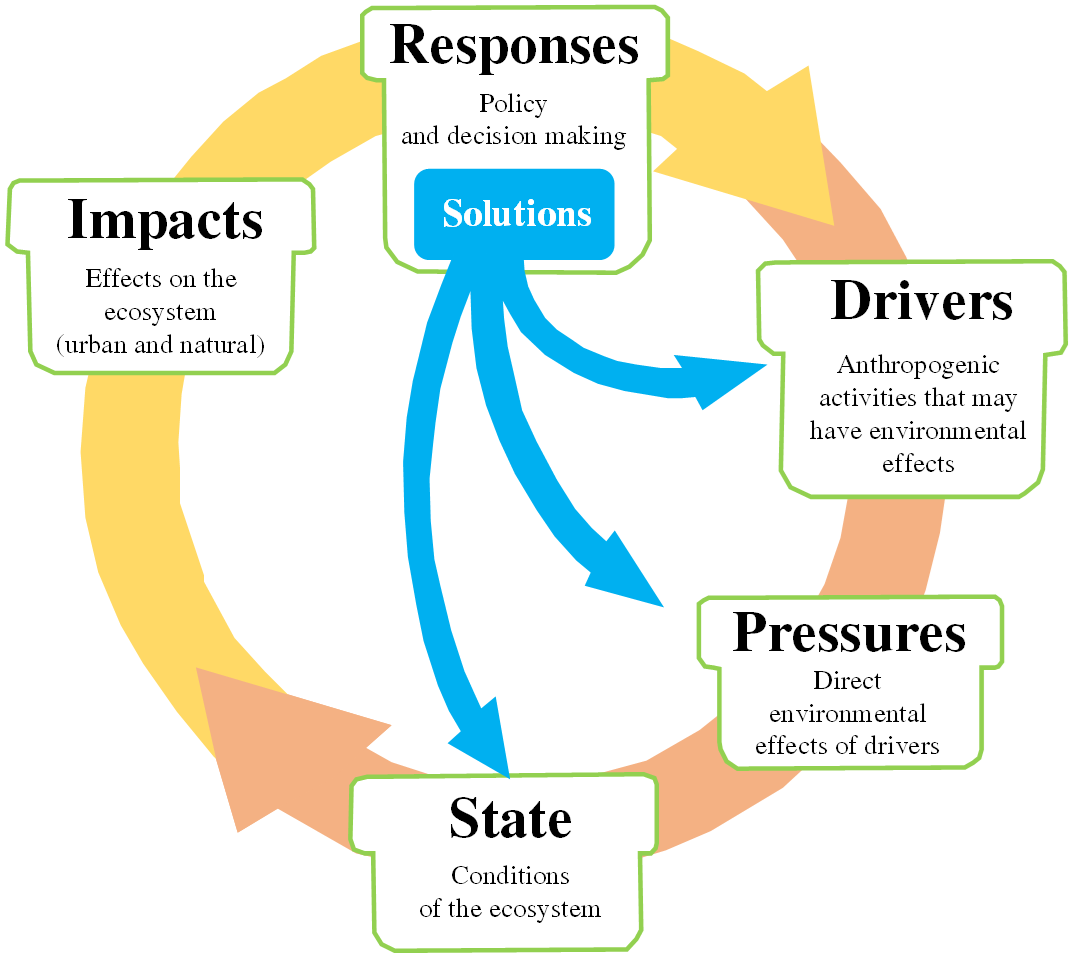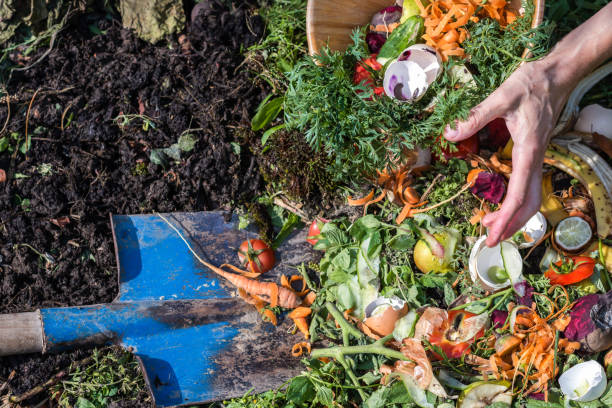Urban Food Systems

Rising Food Waste
Many cities are faced with the challenge of rising urban food insecurity and the growing problem of rising food waste. In 2015, 19.8% of the urban population was moderately food insecure and 7.3% severely food insecure (WB and FAO, 2017). The increasing high consumption of packaged and ultra-processed food with low nutritional value has not only led to a rise in obesity, micronutrient deficiency, and diet-related non-communicable diseases, but is also driving the unsustainable agricultural expansion.
Urban dwellers have increasingly been disconnected from the production of their food, and very few cities are engaged in pursuing food strategies. This reliance on external sources and long-food chains have rendered current urban food systems vulnerable to shocks and disruptions, as made evident by the latest Covid pandemic. Policy makers now realize the urgent need to transform current food systems to become more efficient, healthy, inclusive, equitable, sustainable and resilient. Given their size and economic prominence, cities have a transformative power to support and accelerate the transformation of our food systems. Cities consume 75% of the world’s resources, including two thirds of the produced foods. Moreover, half of the world population lives in urban areas, and is projected to increase to 70% by 2050 with developing countries witnessing 95% of this expansion (UN).
Research has shown that food supply chains, food environments and consumer behavior are key entry and exit points within the food system to drive the adoption of healthy sustainable diets and improve food waste practices.
DPSIR Framework
Using a systems approach and tools such as DPSIR Framework (Drivers, Pressures, State, Impact and Responses) and Life Cycle Assessment, Thriving Solutions helps identify the best entry points to drive the needed reforms, recommend and design context-specific policies and programs, create the required urban-rural linkages and build the capacity of relevant actors and institutions to enable transitioning to more sustainable, healthy and equitable urban food systems and better food waste management.
Research has shown that food supply chains, food environments and consumer behavior are key entry and exit points within the food system to drive the adoption of healthy sustainable diets and improve food waste practices.
In developing countries most of the waste occurs during the production, harvest, storage and processing stages due to managerial and technical limitations. While in developed countries most food loss occurs during distribution and consumption, mainly due to consumer behavior and government policies. Measures to reduce food waste are available throughout the food system such as improving infrastructure and transportation, storage and cooling; better farming and harvesting practices; changes in consumer behavior, and improved management of discarded food.


Thriving Solutions helps in analyzing the situation, quantifying the main causes of food loss and identifying food waste patterns. We also identify the social norms and policy incentives driving these patterns and the tradeoffs and barriers to solutions. Consequently, we assist in engaging stakeholders, developing implementable interventions, designing advocacy and social marketing campaigns and building capacities within organizations to tackle these challenges.
